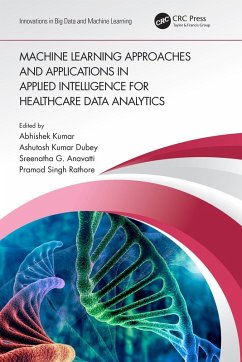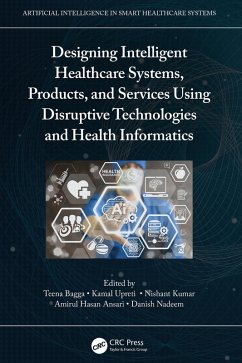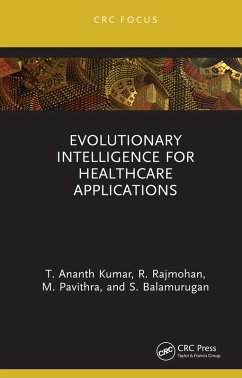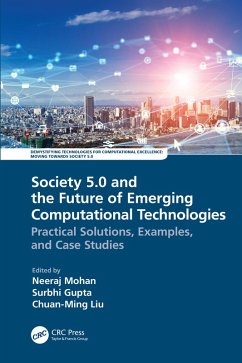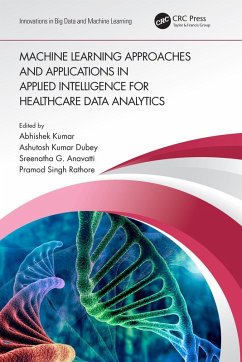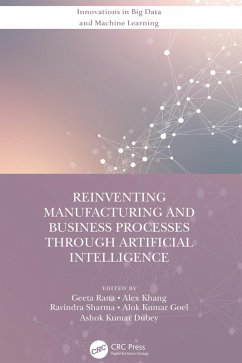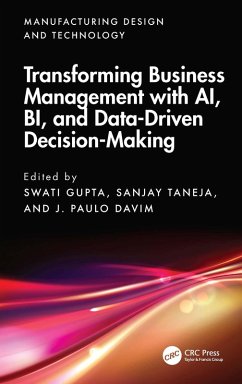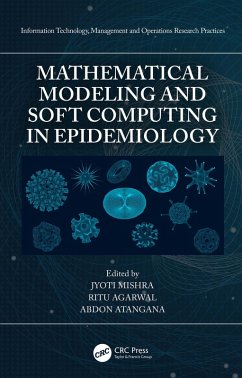
Intelligent Computing Applications for COVID-19 (eBook, PDF)
Predictions, Diagnosis, and Prevention
Redaktion: Saba, Tanzila; Khan, Amjad Rehman
Versandkostenfrei!
Sofort per Download lieferbar
54,95 €
inkl. MwSt.
Weitere Ausgaben:

PAYBACK Punkte
27 °P sammeln!
Accurate estimation, diagnosis, and prevention of COVID-19 is a global challenge for healthcare organizations. Innovative measures can introduce and implement AI, and Mathematical Modeling applications. This book provides insight into the recent advances of applications, statistical methods, and mathematical modeling for the healthcare industry.This book covers the state-of-the-art applications of AI and Machine Learning in past epidemics, pandemics, and COVID-19. It offers recent global case studies, and discusses how AI and statistical methods, initiatives, and applications such as Machine L...
Accurate estimation, diagnosis, and prevention of COVID-19 is a global challenge for healthcare organizations. Innovative measures can introduce and implement AI, and Mathematical Modeling applications. This book provides insight into the recent advances of applications, statistical methods, and mathematical modeling for the healthcare industry.
This book covers the state-of-the-art applications of AI and Machine Learning in past epidemics, pandemics, and COVID-19. It offers recent global case studies, and discusses how AI and statistical methods, initiatives, and applications such as Machine Learning, Deep Learning, Correlation and Regression Analysis play a major role in the prediction, diagnosis, and prevention of a pandemic. It will also focus on how AI and statistical applications can facilitate and restructure the healthcare system.
This book is written for Researchers, Students, Professionals, Executives, and the general public.
This book covers the state-of-the-art applications of AI and Machine Learning in past epidemics, pandemics, and COVID-19. It offers recent global case studies, and discusses how AI and statistical methods, initiatives, and applications such as Machine Learning, Deep Learning, Correlation and Regression Analysis play a major role in the prediction, diagnosis, and prevention of a pandemic. It will also focus on how AI and statistical applications can facilitate and restructure the healthcare system.
This book is written for Researchers, Students, Professionals, Executives, and the general public.
Dieser Download kann aus rechtlichen Gründen nur mit Rechnungsadresse in A, B, BG, CY, CZ, D, DK, EW, E, FIN, F, GR, HR, H, IRL, I, LT, L, LR, M, NL, PL, P, R, S, SLO, SK ausgeliefert werden.





